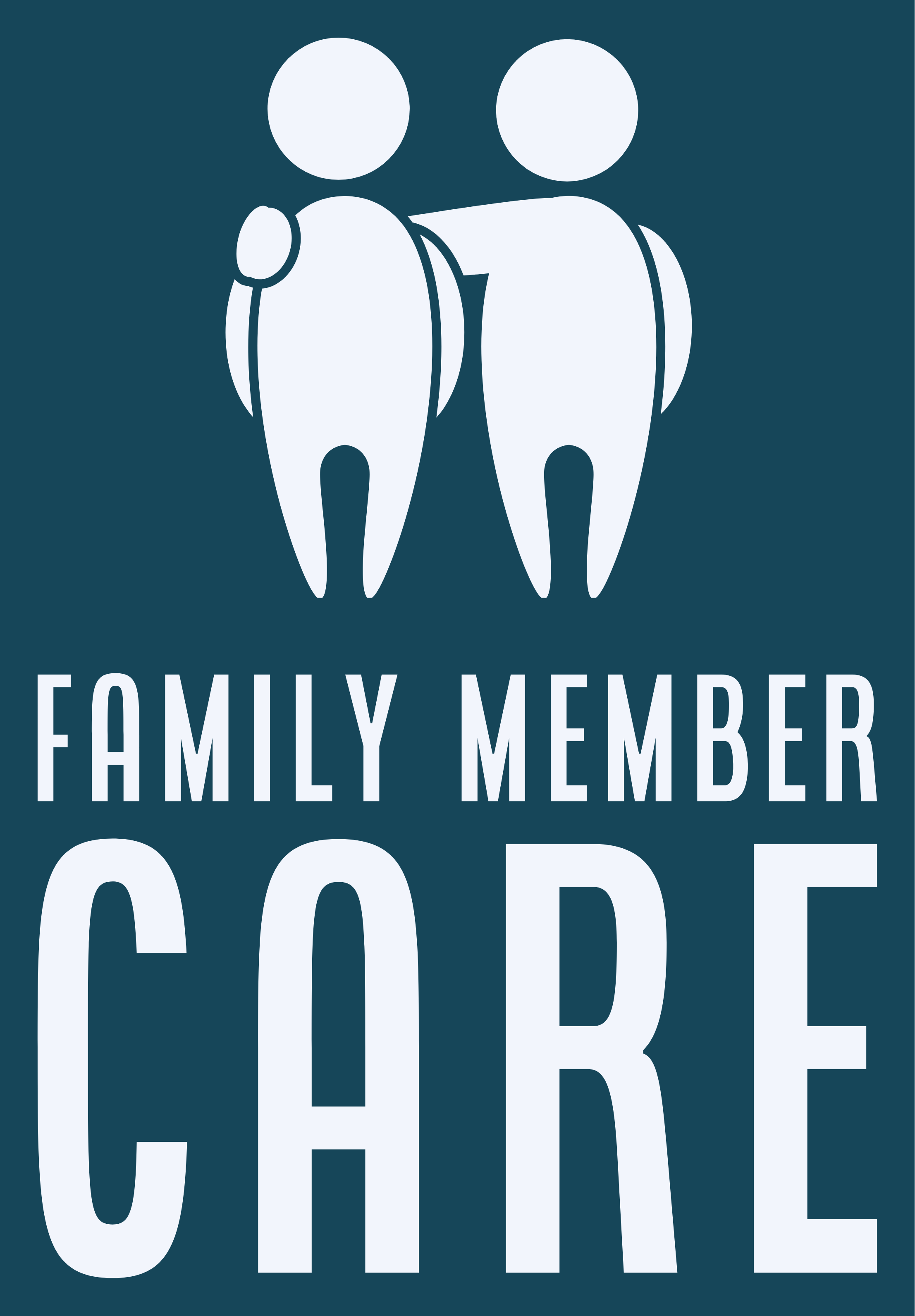Caring for a family member... can be really expensive. These expenses can be direct losses for things like treatments, doctors, medication, specialised equipment etc, or indirect in the forms of loss of income opportunities. Of course, there is then the impact on mental and physical health.
There are over 2.6 million carers in Australia. You passed a number of them on the street today without even knowing it. She's looking after her husband. He's looking after his mum. The kid that looks like he's in 3rd grade is helping his dad. We're talking about those who provide support to people living with a disability or chronic/life-limiting illness. The elderly who need a helping hand, or someone with a mental illness or an addiction.
Some of these younger carers either miss out on school, or can't concentrate if they get to school - having made their own lunch, and done their best to organise themselves with a clean uniform - after attending to their caregiving duties for the morning. The adult carers may have to give up employment opportunities, often working less in order to meet the requirement of the 'other' job they have - looking after someone. So, not only is there oftentimes an enormous stress of helping a loved one, but there's the financial stress too. According to the Carers Australia 'Caring Costs Us' report (March 2022)[1], the following was highlighted ;
* Australian carers lose a considerable amount in lifetime earnings and superannuation.
* The age a person becomes a carer is significant on the financial impact of caring.
* Income support through Carer Payment is less than 30% of the average weekly earnings.
* The value of the Carer Allowance has significantly decreased since its introduction.
* No real improvement in government expenditure on informal care.
It further found that a carer at 67 years of age will have seen their lifetime earnings reduced by $39,600 for every year that they are a primary carer. Extended care periods, see carers lose even more, with the most affected 10% losing a whopping $940,000 in lifetime income and $444,500 in retirement savings. Of course, the younger the age of a carer taking on that role, the greater the financial losses. To provide some context as to how long people tend to be carers, almost half (49%) of Carer Payment recipients had received Carer Payment for 5 years or more. The numbers begin to add up.
Yes, government subsidies can assist. However, the Carer Payment in 2021 had a maximum rate of income equivalent to 27.8% of average weekly ordinary time earnings, and 21% for couples.
Not only is this a financial loss, but what of the health impacts on the carer and the care recipient. And given the current rate of inflation this must be an even larger struggle for many carers. The mental toll of this on top of everything a carer has to manage seems... Well, cruel.
Policy solutions include the government paying a Superannuation Guarantee Contribution on the Carer Payment.
This would reduce the average losses on superannuation balances by $52,500 and reduce Age Pension costs by up to $84,000. Seems like a no-brainer as it actually provides savings to future expenditure on the Age Pension greater than the cost of the superannuation payments.
As recently as July 2023, KPMG added to the call for this contribution through its 'Towards Gender Equity in Retirement' report (extract [2]) as a means of boosting the budget.
To date, this has not occurred.
The number of people receiving Carer Payment has increased steeply over the last 2 decades, from 57,800 in June 2001 to 301,200 in June 2022.
With the naturally aging population, care and planning will need to be put into how we can manage increasing needs and budgets.
With budget in mind, if you are struggling financially looking after a loved one and feel that our platform can help, reach out. We work with several care organisations, and can provide long-term, free access to Family Member Care. Visit www.familymembercare.com to learn more, or send an email to info@familymembercare.com for more details.


